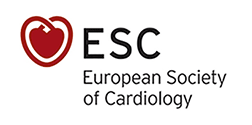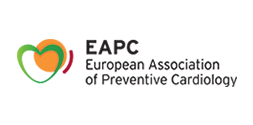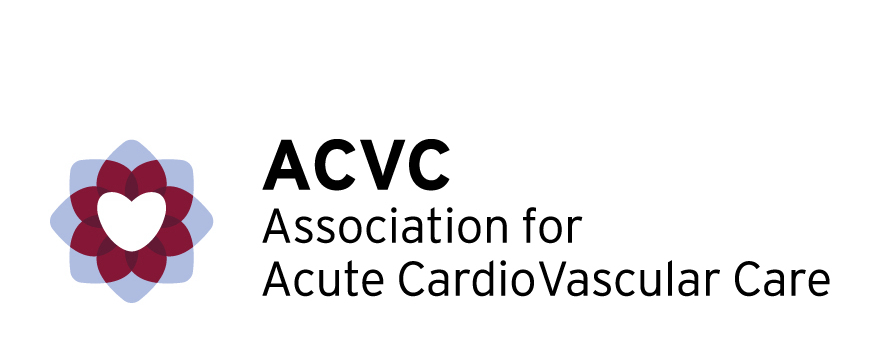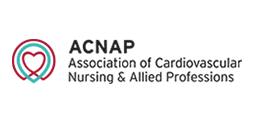What do the drugs you were prescribed do?
The number one goal after a heart attack is to prevent another one. If the pump function of the heart is reduced after a heart attack, the second goal is to improve it. The key to success is strict control of risk factors, including blood pressure, cholesterol, diabetes, smoking and other lifestyle behaviours. Drug treatment is one of the cornerstones of effective risk factor management as well as preventing new heart attacks.
Blood thinners
After a heart attack, taking antiplatelet drugs is essential. These medications prevent new clots forming in the coronary arteries or within a stent (a tube inserted into a blocked artery to restore blood flow). Usually, low-dose aspirin (75 to 100 mg/day) is prescribed for life, and a P2Y12 inhibitor (ticagrelor, prasugrel or clopidogrel) is added for several months. Since the primary function of antiplatelets is to inhibit clot formation, they do increase the risk of bleeding, but the benefits far outweigh the risks. It is extremely important not to stop taking these medications, even for a single day, unless advised by your cardiologist. If you also have atrial fibrillation, a different blood thinner (oral anticoagulant) may be prescribed by your cardiologist instead of antiplatelets.
Proton pump inhibitors
If you are at high risk of gastrointestinal bleeding, your cardiologist or family doctor may prescribe a proton pump inhibitor to protect your stomach when you take two blood thinners.
Cholesterol-lowering drugs
To slow the progression of atherosclerosis in your arteries, your cholesterol levels need to be reduced by 50% or more with a target LDl-cholesterol of below 55mg/dL (<1.4mmol/L). Statins are the drugs of first choice for this purpose. Statins decrease cholesterol production in the liver, shrink plaques in the arteries, and lower the risk of another heart attack. Possible side effects include muscle pain and elevated liver enzymes in the blood, but these are usually mild and manageable. Despite some negative stories about statin therapy in the news, stopping statin treatment dramatically increases your risk of another heart attack. In some cases, your cardiologist may choose to add ezetimibe on top of statin therapy, which inhibits absorption of cholesterol by the intestine causing to further lowering of your cholesterol. If your cholesterol levels are very high, or you are unable to tolerate a statin, your cardiologist may choose to add bempedoic acid, a novel drug reducing cholesterol production in the liver, or injections with a PCSK9 inhibitor or incisiran, which increase breakdown of LDL cholesterol in the liver.
Beta blockers
Beta blockers protect your heart from the harmful effects of adrenaline. They reduce heart rate, blood pressure, and the heart’s use of oxygen. If your heart’s pump function is reduced, they help avoid further deterioration. If heart rate is lowered too much you may feel dizzy. Common additional side effects include headache, cold hands and feet, fatigue and trouble sleeping. Different beta blockers have distinct side effects so speak to your cardiologist to find the one that is right for you.
ACE inhibitors and angiotensin receptor blockers (ARB)
Angiotensin-converting enzyme (ACE) inhibitors reduce production of angiotensin II, an enzyme that narrows the blood vessels, while angiotensin receptor blockers (ARBs) inhibit its function. These effects help the vessels to widen and relax, improving blood flow and reducing blood pressure. In addition, these drugs improve the pump function of the heart if it was reduced by the heart attack. The most common side effect of ACE inhibitors is a dry cough, which can prompt switching to an ARB. If you already have normal blood pressure, you will need a modified dose of an ACE inhibitor or ARB.
MRAs
Mineralocorticoid receptor antagonists (MRAs), including spironolactone and eplerenone, can be used together with beta blockers and ACE inhibitors if the heart’s pump function is reduced after a heart attack. MRAs are weak diuretics and help the body eliminate excess fluid. They also lower blood pressure. Possible side effects of spironolactone are elevated serum potassium and gynaecomastia (an increase in male breast size). The latter should prompt a switch to eplerenone, which does not cause this side effect.
Additional drugs may be prescribed depending on your other health conditions, such as diabetes, kidney disease or obesity.



